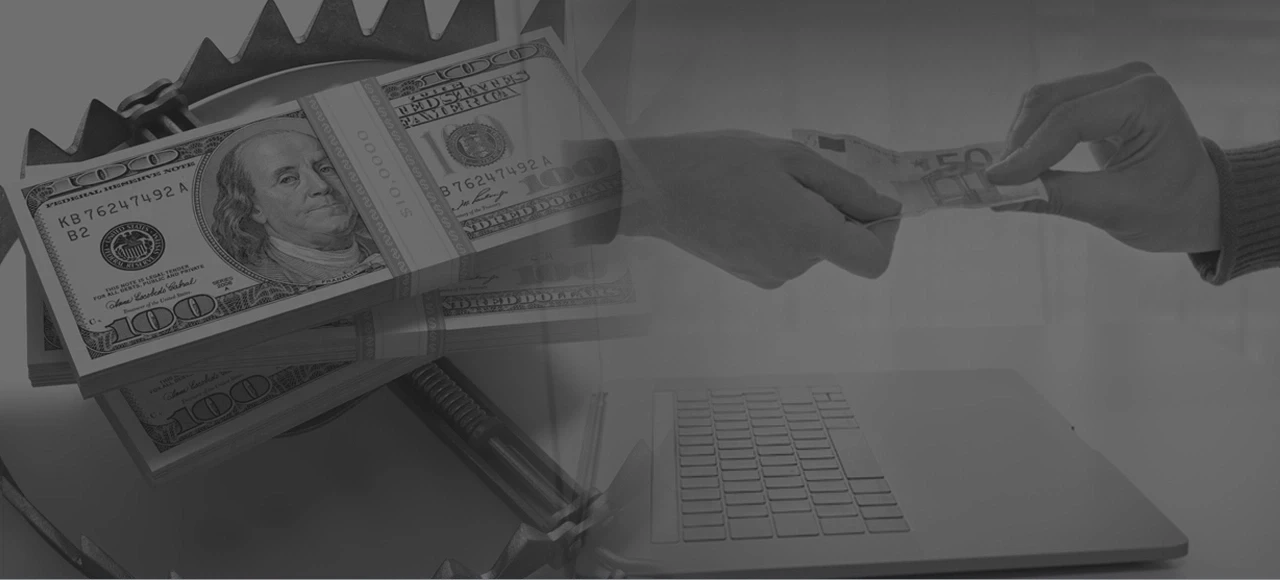
Deborah Lane, a 37-year-old freelance interior designer living in Vancouver, stated she had positively the art of controlling her business expenses. However, she was soon disillusioned when she discovered her credit card had over $600 in unauthorized charges. The charges were for digital advertising subscriptions and web hosting offers—services that she was not even aware of. Moreover, during the investigation, it was discovered that the purchase of each item took place on those sites that had been presenting themselves as the real business tools when she was online looking for design forums.
The trickery was so perfect that it even included the real software providers’ logos, testimonials, and limited-time offers. “At first, they seemed to be real and I was ready to share my details,” Deborah said. “When the first invoice came through, the ad and the site had already disappeared.” By attempting to get support, she was led into a maze of bouncing emails and websites that were all staffed by unhelpful chatbots. “There was no contact link that actually worked, and you could never get in touch with the billing companies,” she commented.
She made a significant impact when she contacted First Funds Recovery, a specialized recovery service dedicated to assisting victims of cyber and digital marketing fraud. The experts promptly addressed the situation; they immediately reviewed her payment records, identified the billing sources, and pinpointed several fraudulent ad networks that were allegedly operating from offshore servers. In a matter of days, they efficiently collaborated with her bank and various payment gateways to dispute the fraudulent charges and secure a refund. “Their procedure was efficient and accessible to me,” Deborah reminisced. “They guided me through each stage, ensured the security of my information, and provided continuous updates throughout the recovery process.”
According to experts, the online advertising fraud has become a major concern in the freelance sector in Canada. The scammers are using the legitimate brand advertising method to cover up their phishing links through paid ad placements and sponsored posts. The unsuspecting users are then lured into the traps of either recurring payment schemes or data harvesting unknowingly. Deborah reflected, "It is not only a matter of losing money but also of trust. Every ad you see makes you doubt."
Deborah has since observed that the incident has led her to taking extra precautions in her digital transactions such as using her prepaid card for trials, getting bank alerts for every purchase made, and checking the authenticity of every service before she uses it. Her advice is rather practical: keep your eyes open, don't trust online promotions that look too good, and react quickly when you suspect a transaction is false. "You can get help," she said. "The recovery organizations like firstfundsrecovery.com are there to supply the needed expertise and assurance when you are in the most vulnerable situation."














